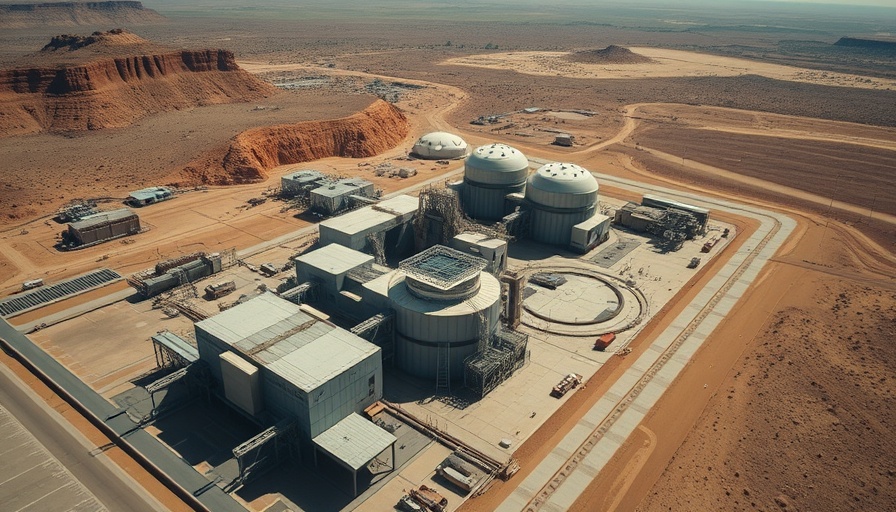
Unpacking Iran's Nuclear Ambiguity
U.S. intelligence agencies have delivered a striking assessment: despite possessing a considerable stockpile of enriched uranium, Iran has yet to make a definitive decision on whether to pursue the creation of a nuclear bomb. This stance, reaffirmed in recent intelligence briefs, reflects an intricate web of geopolitical uncertainty and strategic caution. Analysts argue that this indecision could be a critical factor in shaping U.S. and allied responses to potential threats.
The Iranian Dilemma: A Question of Timing
As Iran navigates its complex relationship with nuclear weapons, American officials emphasize the pivotal factors that could alter Tehran's course. The potential for the U.S. to strike the Fordo uranium enrichment facility could prompt Iran to pivot toward bomb production. Similarly, the assassination of a key Iranian leader could provoke a rapid escalation of Iran’s nuclear ambitions. Current U.S. intelligence estimates suggest that, if Iran were to decide to build a bomb, it could take anywhere from several months to a year to produce a workable nuclear weapon.
Global Reactions: A Divided Perspective
The implications of Iran’s nuclear ambitions culminate in a stark divide among international observers. For many hawkish analysts within the United States and Israel, the mere existence of Iran's enriched uranium is enough to deem it an existential threat. Such perspectives have fueled ongoing debates about military intervention, particularly as discussions circulate regarding President Trump’s potential decision to bomb key Iranian sites in response to escalating tensions.
Historical Context: The Evolution of Iran's Nuclear Program
To fully grasp the current situation, it's crucial to consider the historical trajectory of Iran's nuclear program. Initially, Iran pursued nuclear capabilities ostensibly for peaceful purposes. However, over the years, the program has been associated with various allegations of weaponization. International sanctions, diplomatic efforts, and conflicting narratives continue to shape the public discourse, complicating efforts to achieve a clear consensus on the perceived threats from Iran.
Future Predictions: What Lies Ahead?
Looking ahead, experts are cautious but alert. If diplomacy fails and military recounts escalate, Iran may deem a nuclear bomb vital for its survival. These predictions provoke urgent conversations about the future of nuclear non-proliferation efforts in the Middle East, and whether they can hold in the face of rising tensions.
Conclusion: Why Public Awareness is Vital
Understanding the uncertainty surrounding Iran’s nuclear status is not just an issue for policymakers; it has implications for international relations and global security. As engaging citizens can drive demand for informed discussions, they play a vital role in shaping the genuine policy landscape.
 Add Row
Add Row  Add
Add 




 Add Row
Add Row  Add
Add 

Write A Comment